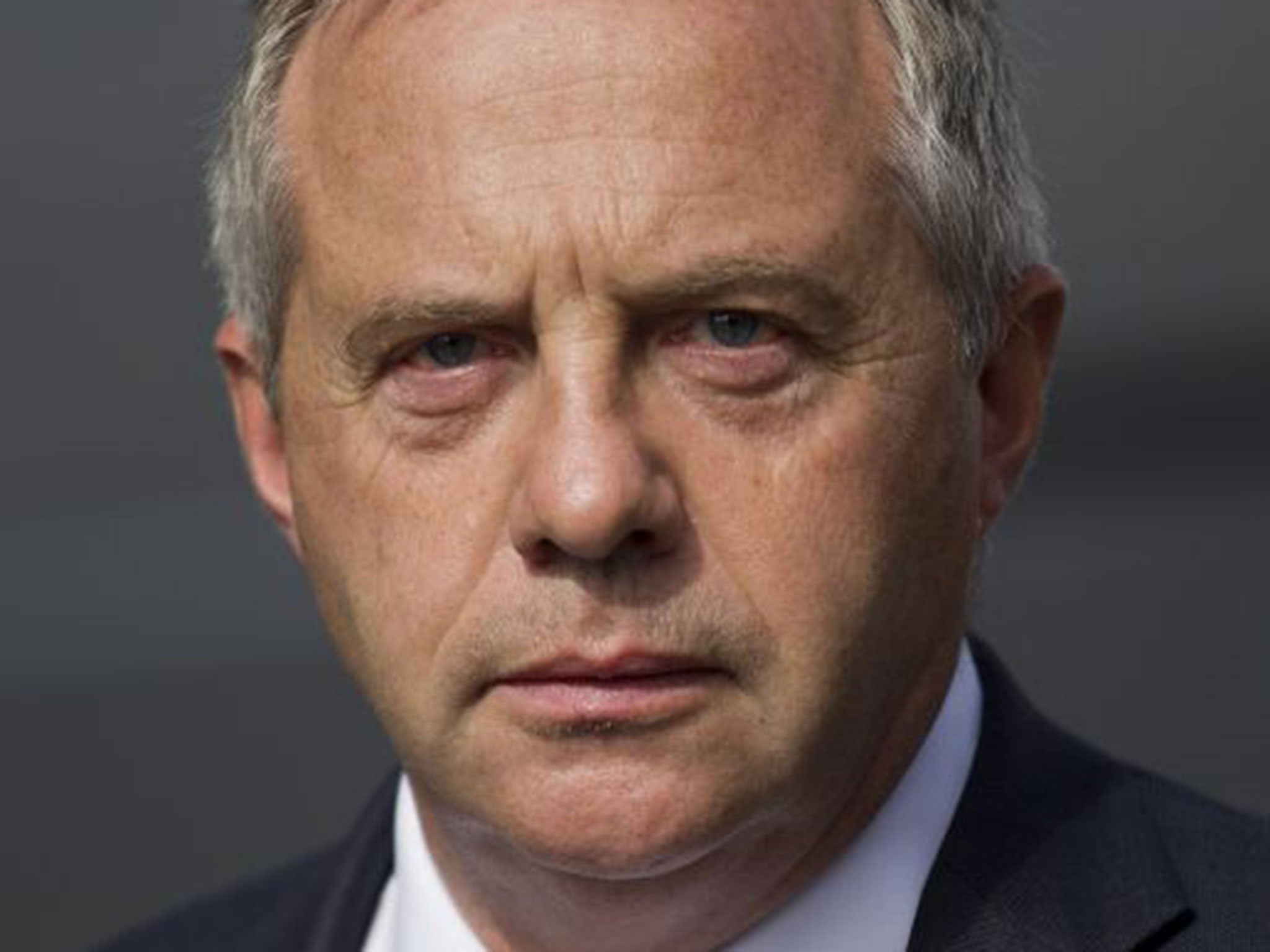Only one MP opposes rules to prevent automatic naming of arrested parliamentarians
Labour's John Mann MP ‘breaks consensus’ to oppose creation of ‘special rights’ for politicians

Labour’s John Mann was the only MP to oppose the introduction of rules which will allow arrested parliamentarians anonymity.
The longstanding convention for arrested MPs is for the police to inform the Speaker of the House, and for the speaker to inform the commons, making the arrest public.
However, a commons vote on Wednesday changes this and will now bring the rights of MPs in line with those of the public.
Arrested MPs may still make their name public if they choose to, but it will not be automatic.
Presently, a UK citizen is usually only named by the police after they have been charged with an offence, not when they have been arrested.
Exceptions can be made, particularly if there is a firm belief that making such information public would encourage other victims to come forward.
The cross-party Procedure Committee insisted MPs had the “right to privacy”, and that publicly announcing arrests violated their “human rights”.
MP arrests can now only be made public if it regards an issue directly related to their role.
Mr Mann criticised Conservative MP Chris Grayling for tabling the motion, which he feels creates “extra” human rights for MPs.
In a tweet, the Bassetlaw MP said: “Chris Grayling proposing protecting arrested MPs under the human rights act. Which he wants to abolish. So human rights for him but not you.”
He tweeted: “If an MP is arrested now for alleged child abuse, Parliament and the public will not be told until charging. I think that this is wrong.”
The new law, he told Parliament, would give MPs "some special rights in law that do not apply to everybody else, and that is wrong. That principle is wrong and that practice is wrong".
However, his colleague Melanie Onn supported the proposals, telling the house: “No member of this house or the other place is above the law - nor should they ever consider themselves to be.
“The reach of the law extends within the House, and Parliament would not seek to interfere with due process of a criminal investigation. Similarly, as the law applies to us all equally, so does the right to privacy.”
Join our commenting forum
Join thought-provoking conversations, follow other Independent readers and see their replies
Comments
Bookmark popover
Removed from bookmarks